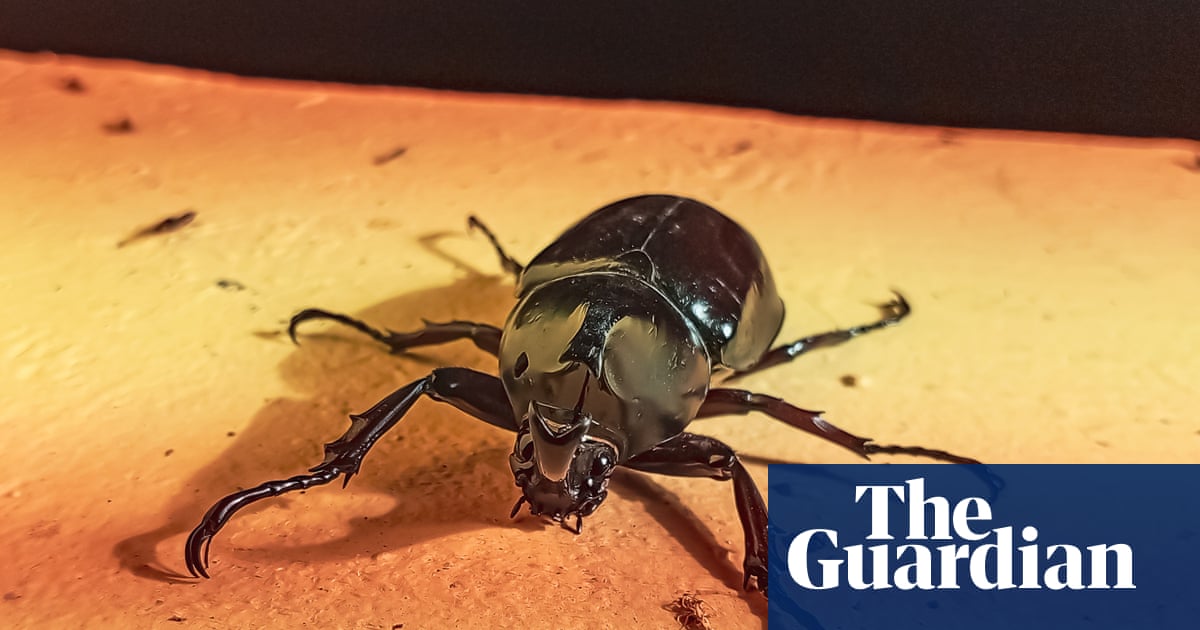Hawaii is doubling down in its fight against invasive coconut rhinoceros beetles, with state authorities greenlighting rules to prevent the damaging insects from spreading across the Pacific archipelago.
The Hawaii agriculture board on Tuesday approved regulations, including a ban on moving infested soil and compost between islands and an increase of insect inspections, to thwart an influx in pests, according to Honolulu Civil Beat.
These rule changes, which are not yet finalized, come after an approximately 20-month delay. Coconut rhinoceros beetles were first spotted in Hawaii about a decade ago, but “multiple populations” were found on Kauai in May 2023, indicating the problem had worsened, state officials said.
Coconut rhinoceros beetles consume, hurt and sometimes kill palm trees. The beetle can also result in the death of pineapple, bananas, papaya, sugarcane and taro, per Hawaii Public Radio.
“This is about an all-hands-on-deck approach to managing, preventing – and hopefully eradicating – the ongoing cycle of invasive species,” Dianne Ley, a Big Island board member, reportedly said.
These beetles, which are black and approximately 2in long, with a horn, do not bite. But, “they may carry disease because they live in dirt and mulch,” authorities said.
The rules are also meant to stop the spread of little fire ants, another invasive species that puts local agriculture and native flora at risk, and can cause harm to humans and pets. While these aggressive ants have afflicted the Big Island for years, they have recently spread to Oahu, prompting renewed calls for action, Hawaii Public Radio reports.
Conservationists in Hawaii are also increasing efforts to find breeding sites, which could help prevent the beetles’ population from rising. Conservation Dogs of Hawaii has trained scent-detection canines to detect these insects.
skip past newsletter promotionSign up to Headlines US
Get the most important US headlines and highlights emailed direct to you every morning
after newsletter promotion
One three-dog team found more than 80 coconut rhinoceros beetles during a training session in June, according to Island News.
∎